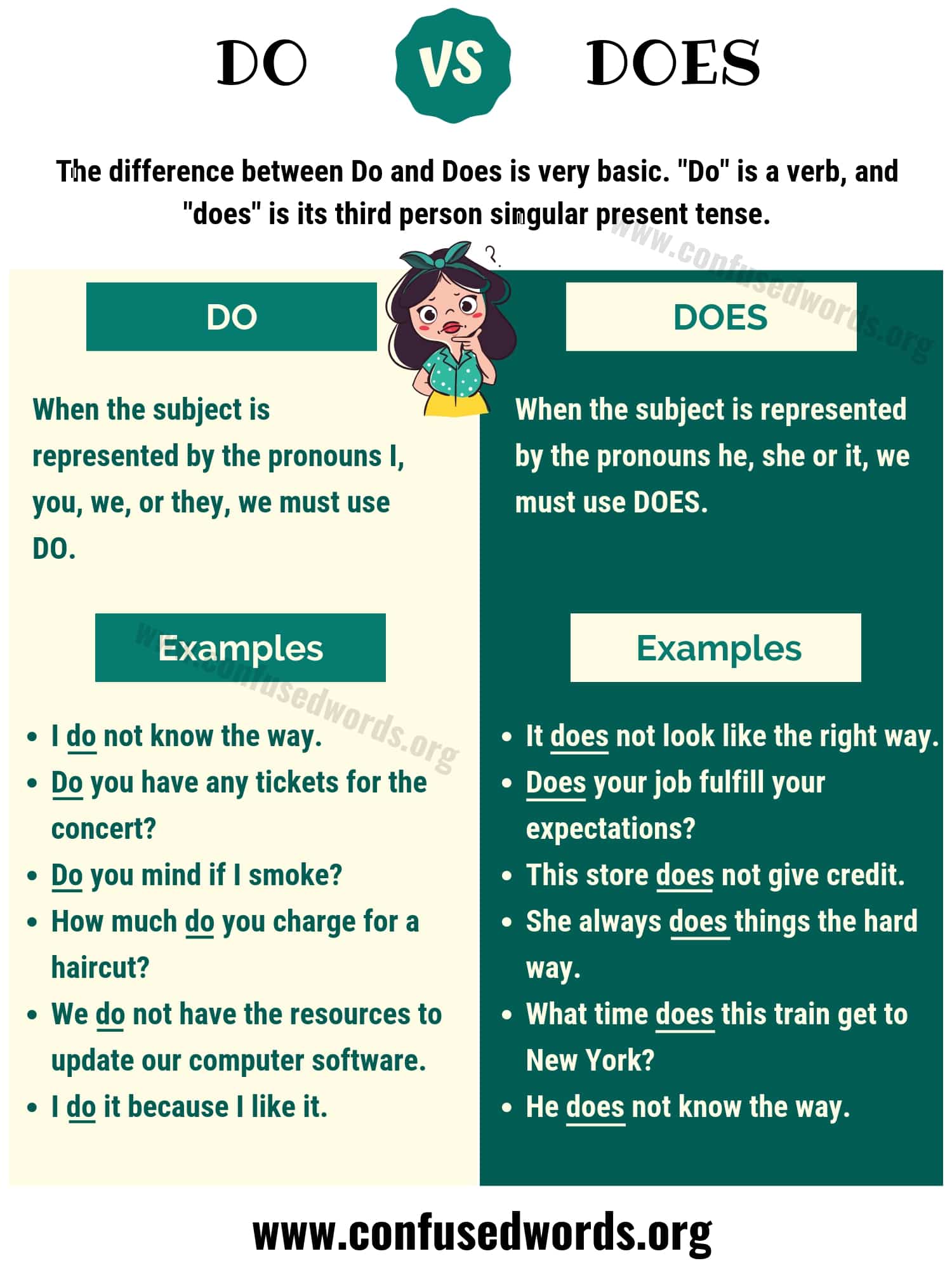What Marketing Majors Earn: Salary Expectations, Career Paths, and How to Succeed
Understanding Earnings for Marketing Majors
Marketing is a dynamic field that offers a wide range of career opportunities and salary prospects. The earning potential for marketing majors depends on several factors including job role, experience, location, and industry. By examining current data and expert insights, you can gain a clear understanding of what to expect as a marketing graduate, and how to strategically position yourself for higher earnings.
Average Salaries: What the Numbers Say
The most recent data suggests that the average annual salary for marketing majors in the United States is approximately $66,693 , with a range from $40,000 to $112,000 depending on position and experience. For example, recent graduates at Indiana University’s Kelley School of Business reported the following average starting salaries for the class of 2024:
- Sales: $60,444 (range: $40,000-$85,000)
- Market Research: $64,750 (range: $50,000-$80,000)
- Brand Management: $74,360 (range: $50,000-$98,200)
- Consulting: $87,444 (range: $70,000-$112,000)
- Retail: $64,909 (range: $51,000-$95,000)
Median signing bonuses for these positions range from $3,000 to $7,250, depending on the specific job offer [1] .
According to nationwide data, the average hourly pay for marketing majors is about $32.69 , with most earning between $21.63 and $43.27 per hour. Entry-level positions may start at lower rates, while experienced professionals or those in high-demand regions can earn considerably more [2] .
Career Pathways and Their Impact on Salary
Marketing majors have access to a variety of career paths, each with distinct earning potential. Some of the common roles include:
- Marketing Manager: Median salary of $161,030 per year as of May 2024 [5] .
- Advertising and Promotions Manager: Median salary of $126,960 annually [5] .
- Market Research Analyst: Median salary of $70,960 per year, with strong projected job growth [3] .
- Sales Manager: Median salary of $140,320 annually [3] .
- Chief Marketing Officer (CMO): One of the highest-paying roles, with median earnings estimated at $313,700 plus bonuses and incentives [4] .
Entry-level marketing roles can also include positions such as digital marketing coordinator, social media specialist, and marketing assistant. While these often start at lower salaries, gaining experience and relevant certifications can lead to rapid advancement and higher pay.
Factors That Influence Marketing Salaries
Several factors can cause significant variation in salaries for marketing majors:
- Industry: Technology, healthcare, and financial services tend to offer higher salaries compared to nonprofit or retail sectors.
- Location: Jobs in major metropolitan areas or regions with a high concentration of businesses generally pay more due to cost of living and competition for talent.
- Experience: Entry-level positions pay less, but gaining 3-5 years of experience can lead to substantial increases.
- Education: Advanced degrees or specialized certifications in areas such as digital marketing or analytics can increase earning potential.
- Performance and Commission: Many sales roles include commission, which can significantly increase total compensation for high performers [1] .
Growth and Job Outlook for Marketing Majors
The U.S. Bureau of Labor Statistics projects sustained growth in marketing careers. For example, market research analysts and marketing specialists are expected to see a 23.2% increase in job opportunities, while the demand for digital marketing expertise continues to rise with changes in technology and consumer behavior [3] . Roles in marketing management, advertising, and promotions are also projected to grow faster than the average for all occupations [5] .
How to Maximize Your Earnings as a Marketing Major
To increase your salary prospects in marketing, consider these actionable steps:
- Gain Practical Experience: Internships, co-ops, and part-time roles during college provide valuable hands-on skills and make you a more attractive candidate for employers.
- Pursue Certifications: Earning certifications in digital marketing, analytics, or project management can set you apart. Popular programs include Google Analytics, HubSpot, and Meta Blueprint.
- Build a Portfolio: Create a portfolio of campaigns, content, or analytical projects. This demonstrates your ability to deliver results.
- Network: Attend industry events, join marketing associations, and connect with alumni to learn about job openings and trends.
- Stay Current: Marketing evolves quickly. Keeping up with new tools, platforms, and strategies is critical for advancement.
- Negotiate Offers: When offered a position, research typical salaries for your region and experience level using tools like the Bureau of Labor Statistics or reputable job boards, then negotiate confidently based on your value.
For those already in the workforce, seeking out leadership roles, cross-training in analytics, or moving into high-growth industries like tech or healthcare can also lead to higher salaries.
Accessing Marketing Opportunities and Resources
If you are interested in pursuing a marketing career, you can:
- Consult your university’s career services for internship and job listings, resume reviews, and interview preparation.
- Search reputable job boards such as Indeed, LinkedIn, and ZipRecruiter for marketing positions. You can filter by job type, location, and salary range.
- Explore the U.S. Bureau of Labor Statistics website for up-to-date data on marketing occupations, growth outlook, and pay scales. To find the latest figures, visit the Bureau of Labor Statistics online and search for “Marketing Managers” or “Market Research Analysts”.
- Join professional organizations such as the American Marketing Association (AMA) or Digital Marketing Institute to access learning materials, networking events, and job postings.
If you are seeking guidance on salary negotiation, many universities and career centers offer workshops and one-on-one coaching. You can also find salary calculators and industry reports from organizations like the National Association of Colleges and Employers (NACE).
Real-World Example: Entry-Level to Executive
Consider the career progression of a typical marketing major:
An individual starts as a marketing coordinator with a starting salary of $48,000 per year. Through internships during college, they secure an entry-level job in digital marketing. By gaining new skills in analytics and social media management, they move up to a marketing manager role within five years, earning over $100,000. With a proven record of campaign success and leadership, they eventually rise to director or executive positions, where annual compensation can reach or exceed $150,000, especially when bonuses and profit sharing are included [1] [5] .

Source: melissa.depperfamily.net
Challenges and Solutions in the Marketing Field
While marketing offers strong earning potential, new graduates may encounter challenges such as high competition for desirable roles, the need for ongoing skill development, and adapting to rapidly changing digital technologies. To overcome these obstacles:
- Stay proactive in learning and adapting to new marketing trends.
- Seek mentorship from experienced professionals.
- Target high-growth industries and companies with a strong marketing focus.
- Consider contract or freelance work to build experience and showcase results.
Alternative approaches include specializing in niche areas such as data analytics, content strategy, or influencer marketing to command higher compensation and unique opportunities.
Key Takeaways
Marketing majors can expect a broad salary range based on their chosen path, with average starting salaries around $48,000-$67,000 and potential for six-figure earnings as experience and responsibility increase. By focusing on skill development, networking, and strategic career moves, marketing majors can maximize their earnings and job satisfaction. For additional guidance, consult your school’s career center, search official labor statistics, or connect with professional marketing associations for the latest updates and opportunities.
References
- [1] Indiana Kelley (2024). Marketing salary statistics, Class of 2024.
- [2] ZipRecruiter (2025). Marketing Major Salary: Hourly Rate August 2025 USA.
- [3] College Factual (2024). 2025 Marketing Degree Guide.
- [4] Nexford (2025). Top 10 Highest Paying Marketing Jobs (Inc Salaries).
- [5] U.S. Bureau of Labor Statistics (2025). Advertising, Promotions, and Marketing Managers.
MORE FROM 9scholarships.de













